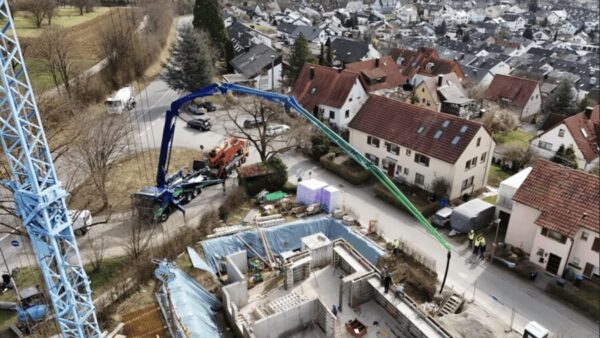A bill paving the way for the construction of an international airport in Busan, South Korea’s second city, was approved by its National Assembly on Friday.
Passed by 181 votes to 33, the bill allows the state-funded project to go ahead on Gadeok Island, and also expedites the preconstruction process by removing legal rules requiring the carrying out of feasibility studies.
The aim is to have the airport in operation before 2030.
The decision follows a decade-long debate on expanding airport infrastructure in the southeast of the Korean peninsula, and relieving the pressure on Gimhae, the region’s only international airport, which has been operating at or above its passenger capacity.
Initial plans to expand Gimhae, drawn up under the Park Geun-hye administration, were abandoned by the present Moon Jae-in government following an unfavourable feasibility review. This led to proposals to fast-track a new-build airport, expedite the project, with a goal to put the airport into operation before 2030.
As is usually the case with new airports, the plan has proved controversial. Criticism intensified this week after media reports that the Ministry of Land, Infrastructure and Transport had doubts over the plan.
The ministry said in an assessment published in February that the project could incur problems in terms of safety, operability, environmental impact and economic feasibility.
It added that the total cost could be almost $25bn, around four times greater than estimates made by the city of Busan.
Image: Gimhae International Airport is operating at the limit of its capacity (Minseong Kim/CC BY-SA 4.0)
Further reading:










